In the dynamic digital landscape of 2025, scalability in web hosting is paramount. Whether you’re a budding entrepreneur, a growing enterprise, or an established e-commerce platform, your hosting solution must adapt seamlessly to your evolving needs. This guide delves into the top scalable hosting providers of 2025, highlighting their features, benefits, and what sets them apart.
Understanding Scalable Hosting
Scalable hosting refers to the ability of a hosting service to accommodate the growth of your website or application. As your traffic increases, your hosting resources—such as bandwidth, storage, and processing power—should expand accordingly without causing downtime or performance issues.
Read Also: Hosting with One-Click WordPress Install
Top Scalable Hosting Providers of 2025
#1. Amazon Web Services (AWS) is the world’s most comprehensive and widely adopted cloud platform, offering over 200 fully featured services from data centers globally. It allows businesses, governments, and individuals to access technology services on demand without owning or maintaining physical servers and infrastructure. Launched in 2006 by Amazon.com, AWS was one of the first companies to introduce a pay-as-you-go cloud computing model, helping businesses scale and grow efficiently.
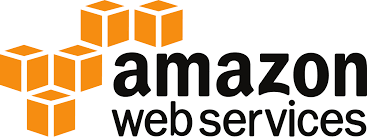
Key Features:
- Auto-scaling groups to handle traffic spikes
- Global data centers for low latency
- Robust security and compliance certifications
#2. Google Cloud Platform (GCP) is a suite of cloud computing services offered by Google that runs on the same infrastructure that Google uses internally for its end-user products like Google Search, YouTube, Gmail, and more. Launched officially in 2008 with services like App Engine, GCP has grown into a powerful global platform offering a broad range of services across compute, storage, databases, machine learning, networking, security, and developer tools.
GCP enables businesses, developers, and individuals to build, deploy, and scale applications, websites, and services using Google’s highly reliable and secure infrastructure.

Key Characteristics of GCP
- Global reach: Infrastructure spans multiple continents with data centers worldwide.
- Open source friendly: Heavy emphasis on open source technologies like Kubernetes, TensorFlow, and more.
- Big Data and Machine Learning strength: Google is a leader in AI/ML and provides powerful tools and APIs.
- Security-first approach: World-class security model built over decades.
- Sustainability: GCP is known for operating with a high percentage of renewable energy.
#3. Microsoft Azure (commonly just called Azure) is a cloud computing platform and online portal created by Microsoft. It provides a wide range of cloud services, including compute, analytics, storage, networking, AI, IoT, security, developer tools, and more.
Organizations and developers use Azure to build, test, deploy, and manage applications and services through Microsoft-managed data centers worldwide.
Azure was launched in 2010 and has since become one of the “big three” cloud providers, alongside Amazon Web Services (AWS) and Google Cloud Platform (GCP).
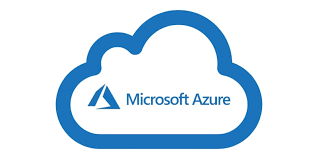
Key Characteristics of Azure
- Hybrid capabilities: Strong support for hybrid cloud (mix of on-premises and cloud systems).
- Integration with Microsoft products: Works seamlessly with tools like Windows Server, Active Directory, and SQL Server.
- Global presence: Operates in multiple regions worldwide with a massive footprint.
- Enterprise-ready: Built for businesses, offering compliance certifications and security at scale.
- AI and machine learning: Advanced tools available for all industries
#4. DigitalOcean is a cloud infrastructure provider that specializes in making it simple for developers and small-to-medium businesses (SMBs) to deploy, manage, and scale cloud applications quickly and affordably. Founded in 2011, DigitalOcean became popular for offering developer-friendly, easy-to-use, and cost-effective cloud solutions. It focuses on simplicity, performance, and accessibility, providing a smoother experience compared to some of the bigger cloud providers like AWS, Azure, and GCP, especially for smaller teams and solo developers. Their motto could be summed up as “Cloud computing made simple.”
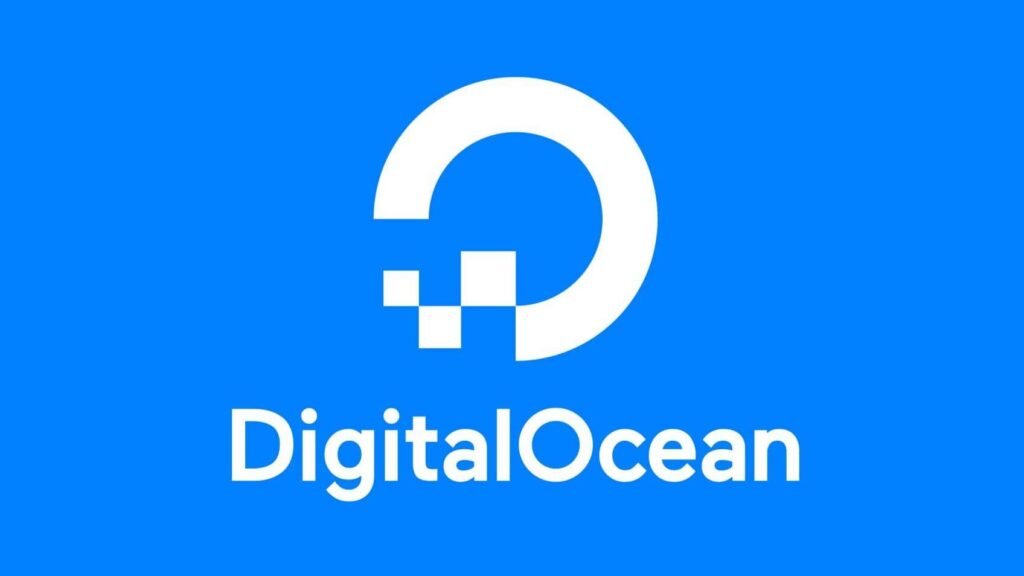
Key Characteristics of DigitalOcean
- Developer-focused: Clean and easy-to-use interface and APIs.
- Affordable pricing: Transparent and predictable costs, no hidden charges.
- Simplicity: Quick deployment of applications and infrastructure.
- High performance: SSD-based virtual machines, strong network speeds.
- Community and Documentation: Massive library of tutorials and guides.
- Startup and SMB friendly: Designed with smaller businesses in mind
#5. Linode is a cloud hosting company that provides virtual private servers (VPS) and a variety of cloud services designed to make deploying, managing, and scaling applications easy, especially for developers, startups, and small-to-medium businesses. Founded in 2003, Linode is one of the earliest companies in the cloud infrastructure space, predating many modern cloud giants like AWS.
Its primary focus is on simplicity, affordability, performance, and customer support. In 2022, Linode was acquired by Akamai Technologies, a global leader in content delivery networks (CDNs) and cloud security, aiming to strengthen Akamai’s edge and cloud services.

Key Characteristics of Linode
- Developer-centric: Focused on users who need reliable servers quickly and affordably.
- Predictable pricing: Flat, easy-to-understand pricing — no hidden fees.
- Simple deployment: Launch virtual servers (Linodes) within minutes.
- High performance: SSD storage, fast networking, latest-generation CPUs.
- Strong customer support: 24/7 human support is included at no extra cost.
- Focus on open standards: No vendor lock-in, easy migration.
#6. Cloudways is a managed cloud hosting platform that makes it very easy for businesses, developers, and individuals to host websites and applications on top of powerful cloud infrastructure providers, without needing to deal with all the technical complexity. Instead of running its servers, Cloudways sits between you and cloud providers like DigitalOcean, AWS, Google Cloud, Vultr, and Linode.
It handles server setup, security, monitoring, backups, and performance optimization for you. Launched in 2012, Cloudways is especially popular with people who want the flexibility of cloud hosting but don’t want to manage servers themselves.
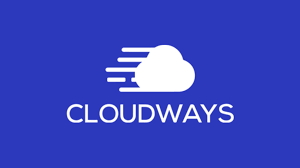
Key Characteristics of Cloudways
- Managed hosting: They manage the server, so you can focus on your apps and websites.
- Choice of cloud providers: Deploy on your favorite cloud (DigitalOcean, AWS, GCP, Linode, Vultr).
- Simple dashboard: Intuitive platform to deploy, manage, and monitor servers and apps.
- Pay-as-you-go pricing: You only pay for what you use.
- Optimized for performance: Built-in caching, CDN integration, SSD storage.
- Automatic backups and security: Scheduled backups, firewalls, and SSL certificates included.
- 24/7 expert support: Available anytime for troubleshooting or guidance.
#7. Bluehost is a web hosting company that provides a wide range of hosting services, including shared hosting, WordPress hosting, VPS hosting, and dedicated servers.
It’s especially well-known for being one of the largest and most beginner-friendly hosting providers in the world.
Founded in 2003 and based in Orem, Utah (USA), Bluehost is now part of the Endurance International Group (EIG), a big corporation that owns many web hosting brands.
It’s officially recommended by WordPress.org, which has made it extremely popular among bloggers, small businesses, and beginners building websites.
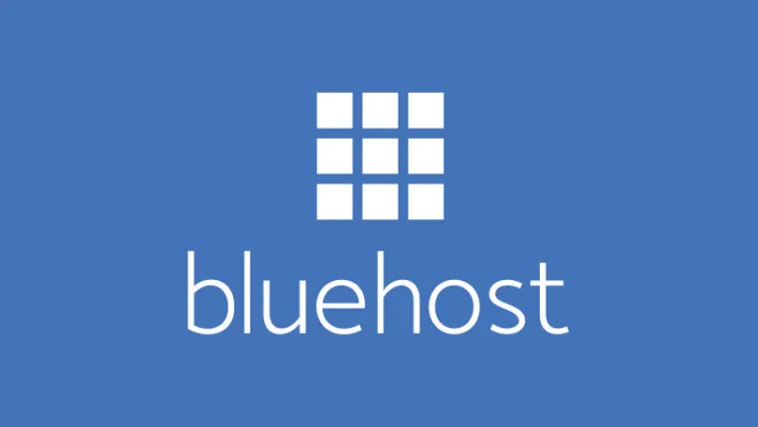
Key Characteristics of Bluehost
- Beginner-friendly: Very simple to set up a website.
- Affordable: Low entry prices, often with big discounts for first-time users.
- WordPress optimized: Official recommendation by WordPress.org.
- 24/7 support: Live chat, phone support, and ticketing system.
- Free domain: Free domain name for the first year with most hosting plans.
- Free SSL certificate: Included to secure your website.
- One-click installs: Easily install WordPress and other applications.
#8. HostGator is a web hosting provider that offers a wide range of hosting services, such as shared hosting, VPS hosting, dedicated servers, WordPress hosting, and website building tools. Founded in 2002 in Boca Raton, Florida, HostGator is now part of the Endurance International Group (EIG) — the same parent company that owns Bluehost.
HostGator is known for its affordable hosting plans, ease of use, and reliable customer support, making it a popular choice for individuals, small businesses, and startups.

Key Characteristics of HostGator
- User-friendly: Simple setup process for beginners and non-technical users.
- Affordable plans: Low introductory prices, attractive to new website owners.
- Reliable uptime: High server availability (usually around a 99.9% uptime guarantee).
- 24/7/365 support: Via live chat, phone, and email tickets.
- Free migration: HostGator helps you transfer your website from another host for free.
- Scalable hosting options: Easy to upgrade your hosting as your website grows.
Read Also: Best Budget-Friendly Hosting Providers
#9. A2 Hosting is a web hosting company known for its high-speed performance, developer-friendly tools, and reliable customer support.
Founded in 2001 in Ann Arbor, Michigan, A2 Hosting started originally as a side project to support a few websites but quickly grew into a full-scale hosting provider focused on speed and innovation.
Their main selling point is “Turbo Servers” — optimized servers that can load websites up to 20x faster than standard hosting.
They are a great choice for developers, small-to-medium businesses, eCommerce stores, and anyone who values speed, security, and flexibility.
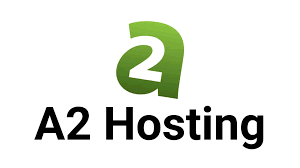
Key Characteristics of A2 Hosting
- Blazing-fast servers: Speed is one of their biggest priorities.
- Developer-friendly: Supports a wide range of software, versions, and customizations (Node.js, Python, Ruby, PHP, etc.).
- Anytime Money-Back Guarantee: Not just 30 days — you can cancel anytime for a prorated refund.
- Green hosting: They are committed to being environmentally friendly (carbon-neutral since 2007).
- Free site migrations: Move your existing site to A2 Hosting for free.
- 24/7/365 “Guru Crew” Support: Knowledgeable, quick support available anytime
#10. SiteGround is a premium web hosting provider known for its outstanding performance, speed, security, and excellent customer support.
Founded in 2004 in Sofia, Bulgaria, SiteGround hosts over 2 million domains worldwide and is especially popular among small businesses, bloggers, and developers who want fast, secure, and reliable hosting.
SiteGround is officially recommended by WordPress.org (along with Bluehost and DreamHost) for WordPress hosting, which has made it a top choice for WordPress sites.
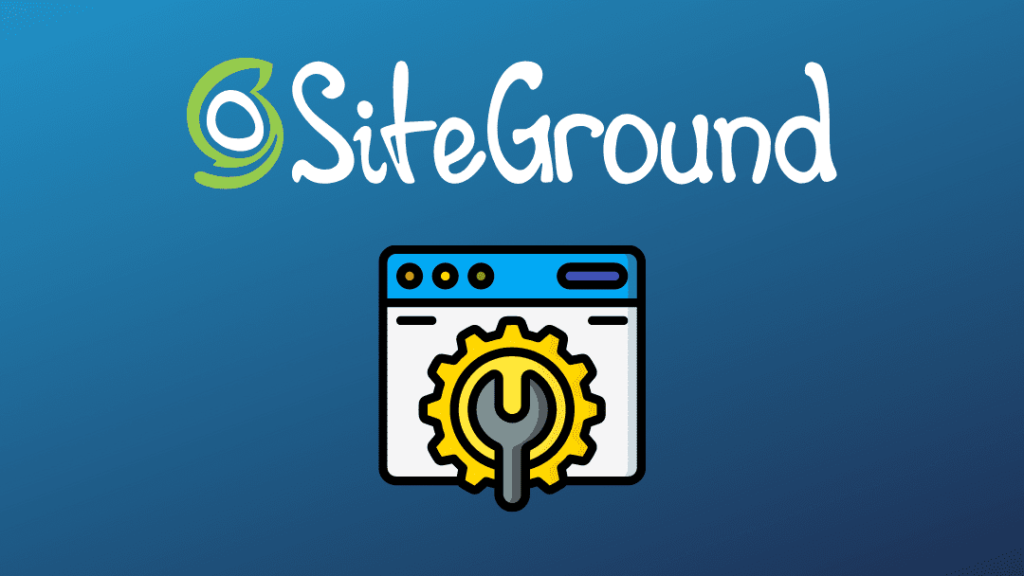
Key Characteristics of SiteGround
- Exceptional customer support: 24/7 help via chat, tickets, and phone — known for quick, expert responses.
- High-speed technology: Built-in caching, SSD storage, and custom optimizations.
- Strong security: Free SSL, daily backups, custom firewall, AI-based anti-bot systems.
- Green hosting: Partnered with Google Cloud, using 100% renewable energy matches.
- Fully managed WordPress hosting: Easy WordPress installation, updates, staging, and tools.
- User-friendly dashboard: Custom Site Tools panel (they moved away from traditional cPanel)
Factors to Consider When Choosing a Scalable Hosting Solution
- Performance: Ensure the host can handle increased traffic without compromising speed.
- Uptime Guarantee: Look for providers offering at least 99.9% uptime.
- Support: 24/7 customer support is crucial for resolving issues promptly.
- Pricing: Understand the pricing structure, especially for scaling resources.
- Security: Features like SSL certificates, firewalls, and regular backups are essential.
Conclusion
Selecting the right scalable hosting solution is vital for your online success in 2025. Assess your current needs and anticipate future growth to choose a provider that aligns with your objectives. Whether you prioritize performance, support, or cost-effectiveness, there’s a hosting solution tailored for you.Note: The information provided is based on the latest available data as of 2025. Always consult the hosting provider’s official website for the most current details

